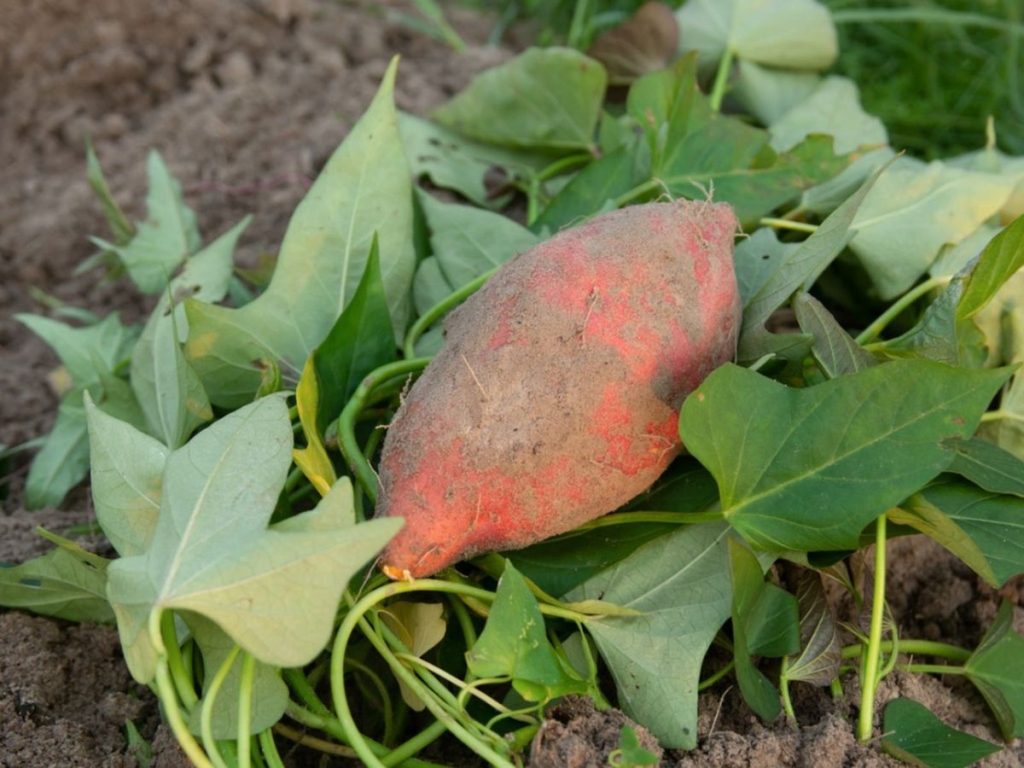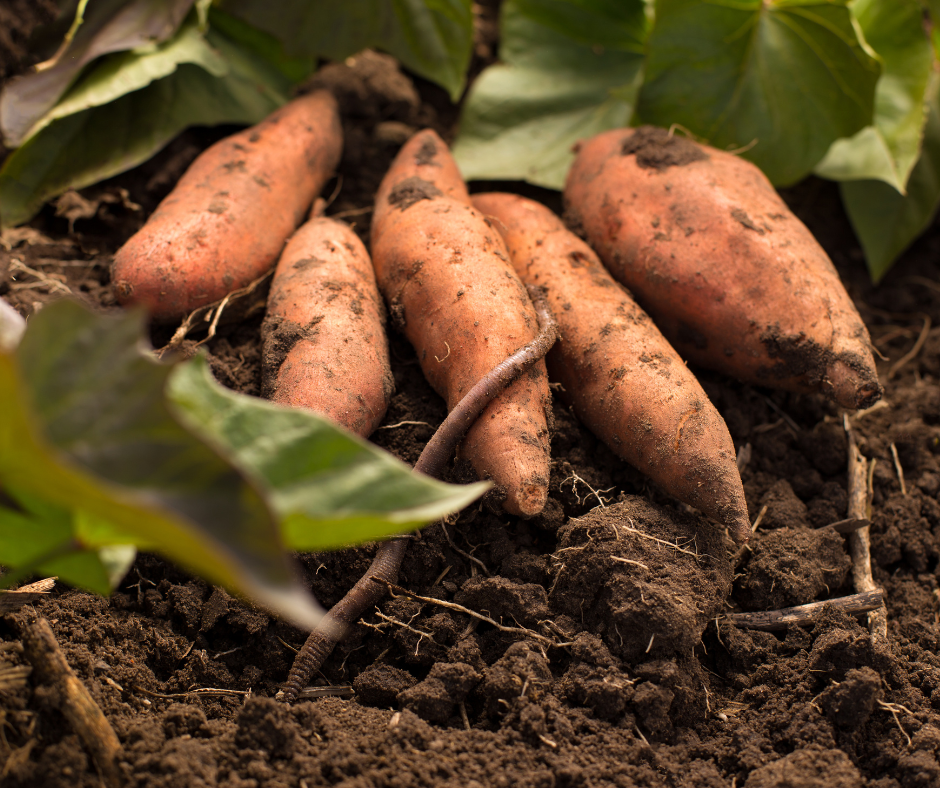Farming activities have been boosted with the donation of seed input and other items in some parts of Nigeria. A non-governmental organisation, Catalysing Strengthened Policy Action for Healthy Diets and Resilience (CASCADE), has assisted 1,482 women smallholder farmers with orange-flesh potato vines and 613 others with assorted vegetable seeds to encourage backyard farming to improve the nutrition status of women and children under five years of age.
Bauchi State
The group said the gesture is to increase access and the consumption of healthy diets, resilience to prices and climate change-related shocks. At the 2024 Rain-Fed Season Agricultural Inputs Fair and Voucher Redemption in the Miri community of Bauchi State, the Programme Manager of CASCADE, Bauchi office, Isaac Ishaya, informed that the idea was to provide the needed support at household level to women smallholder farmers to be able to leverage their backyard gardens to cultivate vegetables and orange-flesh potato.
Ishaya said, “Looking at the nutritional value of this potato in addressing hidden hunger, as well as the importance vegetables have to the nutrition of households, this drove our commitment to strengthen women participation in agriculture through accessing agricultural inputs.”
The Programme Manager said to instill confidence among women smallholder farmers, his organisation had engaged private sector actors that intend to strengthen agricultural linkages between the farmers and lead agricultural firms.
“We want to boost confidence among smallholder farmers’ participation around their sources of inputs, as well as bridge the gap between farmers and sources of inputs. In Bauchi State, we are working in Bauchi, Dass, Jama’are, Ningi and Toro LGAs”, he said.
On the part of the Head, Women in Agriculture, Bauchi State Agricultural Supply Company, Helen Ciroma, the support to the women farmers would improve their livelihood and nutritional status.
Ciroma reiterated that “The orange-flesh potato has nutritional value for it is rich in vitamin A, which helps in reducing inflammation, boosts immune system and is good for diabetics”.
She explained further that women could use sacks to plant the potato at home because the leaves can be used as vegetable while the tuber is good for fufu.
Testifying to this gestures, one of the beneficiaries, Maryam Sani, lauded CASCADE for the intervention and assured that they would make judicious use of the potato and vegetable seeds to boost their farming and income sources.

Other beneficiaries
In a similar vein, farmers in Benue State have expressed their joy that they can now increase their crop production and profits by planting high-yielding seeds four times in a year.
This piece of information was given at the Benue Seed and Input Fair that was held in Makurdi in the state capital.
At the occasion, farmers were introduced to high-yield seeds and environmental-friendly inputs. One of the beneficiaries and cowpea farmer, Jackson Idoko said that “Our consistent efforts to improve yields are finally paying off. I am going to apply the knowledge gained from this fair, and if it works out, this would mark a new dawn for us farmers in Benue State”.
Another farmer, Vitalis Tarnongu, revealed that “I am a star farmer and a champion in Benue.
I have food anytime of the day or year. JOSTUM has impacted me positively, such that I take farming as business.
I produce four major crops – cowpea, rice, soybean and maize. The institution is a big opportunity for farmers in Benue, and I hope that farmers would take advantage of the knowledge reservoir to better their lot”.
IITA, JOSTUM, AVISA, other interventions
The International Institute of Tropical Agriculture (IITA) and Joseph Sarwuan Tarka University, Markurdi (JOSTUM) joint implementation of the legume seed systems project has exposed farmers, not only the four-time planting seeds in a year and linked them to people on the value-chain. The Project Coordinator, Dr. Teryima Iorlamen, expressed confidence that the Accelerated Varietal Improvement and Seed Delivery of Legumes and Cereals in Africa (AVISA), an initiative aimed at enhancing agricultural productivity and food security in Africa.
Iorlamen said that “We have noticed that our farmers are planting grains, not seeds. The IITA and other partners are now implementing two projects – AVISA and Seed Equal-focused on cowpea and soybean.
Many farmers are unaware that seed breeders have developed climate-resistant seeds. Our job is to bring these seeds from seed companies to farmers.
We want to integrate agro-dealers and processors into our work. The essence is to bring all stakeholders together and expose them to the breakthroughs we have achieved.
We have seeds that can be planted four times a year, but farmers are not aware.
There are also environmental-friendly inputs that need to be showcased to stakeholders“, he added.
A supervisor of the programme and Dean, College of Agronomy in JOSTUM, Prof. Ijirbee Agber, who represented the vice-chancellor, at the event highlighted the difference between seeds and grain, noting that the attendees of the event, had shared ideas.
He added, “There is a memorandum of understanding (MoU) between JOSTUM and the IITA. The mandate of the university is agriculture, with seven out of 12 colleges being agriculture-focused.
As the host institution, the university is open to partnership with other bodies”.
The Director of Agricultural Services at the Bureau of Agricultural Development and Mechanisation (BADM), opined that bringing critical stakeholders together would ensure that cowpea and soybean used in the state would be improved varieties that would be free from chemical residues in the course of growing the crops. The Director, Seed Technology Centre of JOSTUM, Prof. Ngozi Odiaka, observed that the fair would help to improve availability, accessibility and quality legume seed for farmers, as she maintained that it is not just about agricultural development, but to ensure food security and foster sustainable livelihoods for Benue and beyond, saying “As we work together, we will meet the needs of farmers”.

